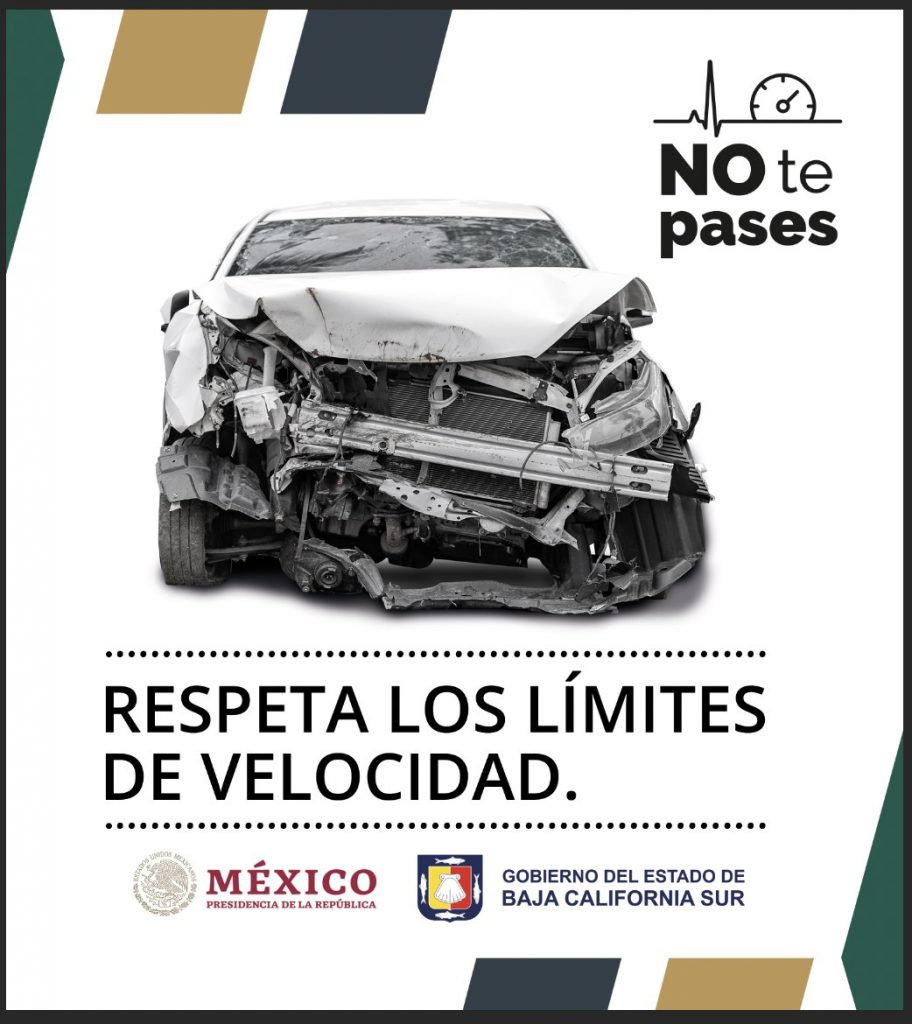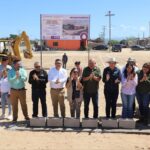Organizaciones civiles y ciudadanos han expresado su profunda preocupación ante la posible reactivación del proyecto minero submarino Don Diego en el Golfo de Ulloa, Baja California Sur. Este proyecto, promovido por la empresa estadounidense Odyssey Marine Exploration, a través de su filial Exploraciones Oceánicas, busca extraer fosfato del fondo marino mediante un sistema de dragado, lo que podría generar impactos ambientales irreversibles.
El Golfo de Ulloa es una región de alta productividad biológica, clave para la actividad pesquera, que representa aproximadamente el 42% de la pesca en el estado. Además, alberga especies en peligro de extinción como la tortuga caguama (Caretta caretta) y la ballena gris (Eschrichtius robustus), las cuales podrían verse gravemente afectadas por las operaciones mineras.
En septiembre de 2024, el Centro Internacional de Arreglo de Diferencias Relativas a Inversiones (CIADI), del Banco Mundial, falló a favor de Odyssey Marine Exploration, ordenando a México pagar una indemnización de 37.1 millones de dólares. La decisión se basó en que la negativa de la Secretaría de Medio Ambiente y Recursos Naturales (Semarnat) para otorgar el permiso ambiental habría constituido un trato injusto y discriminatorio contra la empresa, en violación del Tratado de Libre Comercio con Estados Unidos.
Las reglas del CIADI limitan las posibilidades de México para impugnar la sentencia en un tribunal superior. Aunque el gobierno mexicano anunció su intención de impugnar la decisión, hasta la fecha no se ha confirmado si ha tomado acciones legales al respecto, dejando en incertidumbre la postura oficial del país frente a este conflicto.
El posible reinicio del proyecto Don Diego ha generado inquietud entre pescadores, comunidades locales y ambientalistas, quienes advierten sobre los riesgos para la biodiversidad y la economía de la región. Las organizaciones firmantes del pronunciamiento instan a las autoridades mexicanas a defender la soberanía ambiental y el derecho de las comunidades a un entorno sano.








Can you put this last part in English please?
Civil organizations and citizens have expressed deep concern over the possible reactivation of the Don Diego underwater mining project in the Ulloa Gulf, Baja California Sur. This project, promoted by the U.S. company Odyssey Marine Exploration through its subsidiary Exploraciones Oceánicas, aims to extract phosphate from the seabed using a dredging system, which could cause irreversible environmental impacts.
The Ulloa Gulf is a region of high biological productivity, crucial for the fishing industry, which accounts for approximately 42% of the state’s total catch. Additionally, it is home to endangered species such as the loggerhead turtle (*Caretta caretta*) and the gray whale (*Eschrichtius robustus*), both of which could be severely affected by mining operations.
In September 2024, the International Centre for Settlement of Investment Disputes (ICSID) of the World Bank ruled in favor of Odyssey Marine Exploration, ordering Mexico to pay $37.1 million in compensation. The decision was based on the claim that the denial by the Secretariat of Environment and Natural Resources (Semarnat) to grant the environmental permit constituted unfair and discriminatory treatment against the company, violating the Free Trade Agreement with the United States.
ICSID regulations limit Mexico’s ability to challenge the ruling in a higher court. Although the Mexican government announced its intention to appeal the decision, it has not yet confirmed whether it has taken legal action, leaving the country’s official stance on this conflict uncertain.
The potential restart of the Don Diego project has raised concerns among fishermen, local communities, and environmentalists, who warn about the risks to the region’s biodiversity and economy. The organizations that signed the statement urge Mexican authorities to defend environmental sovereignty and the communities’ right to a healthy environment.